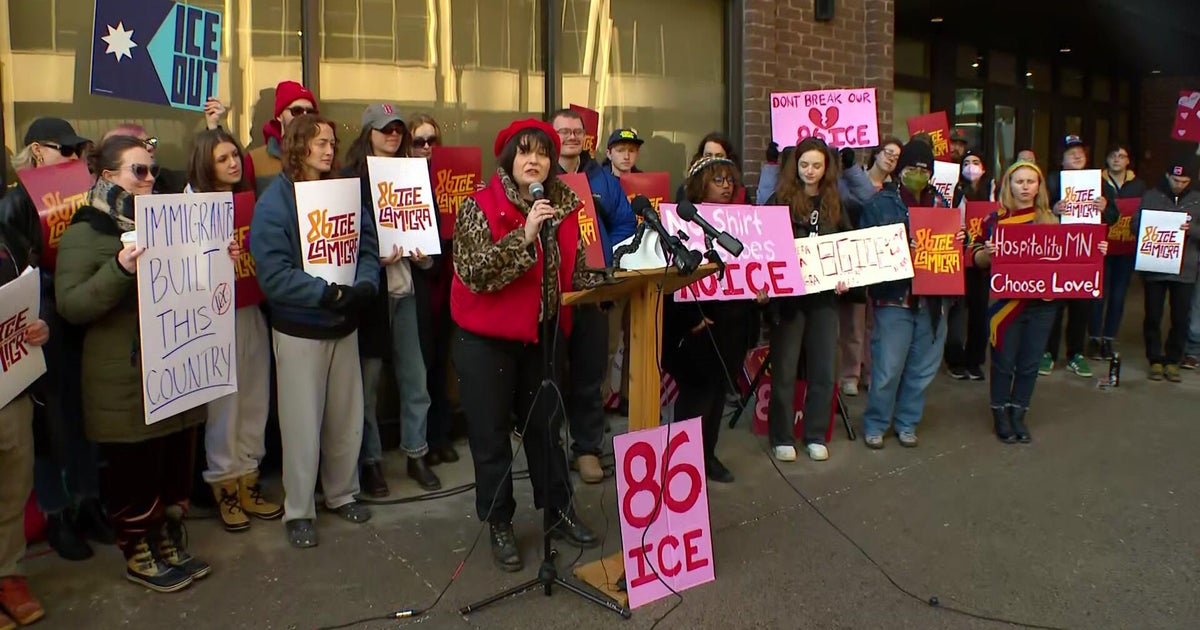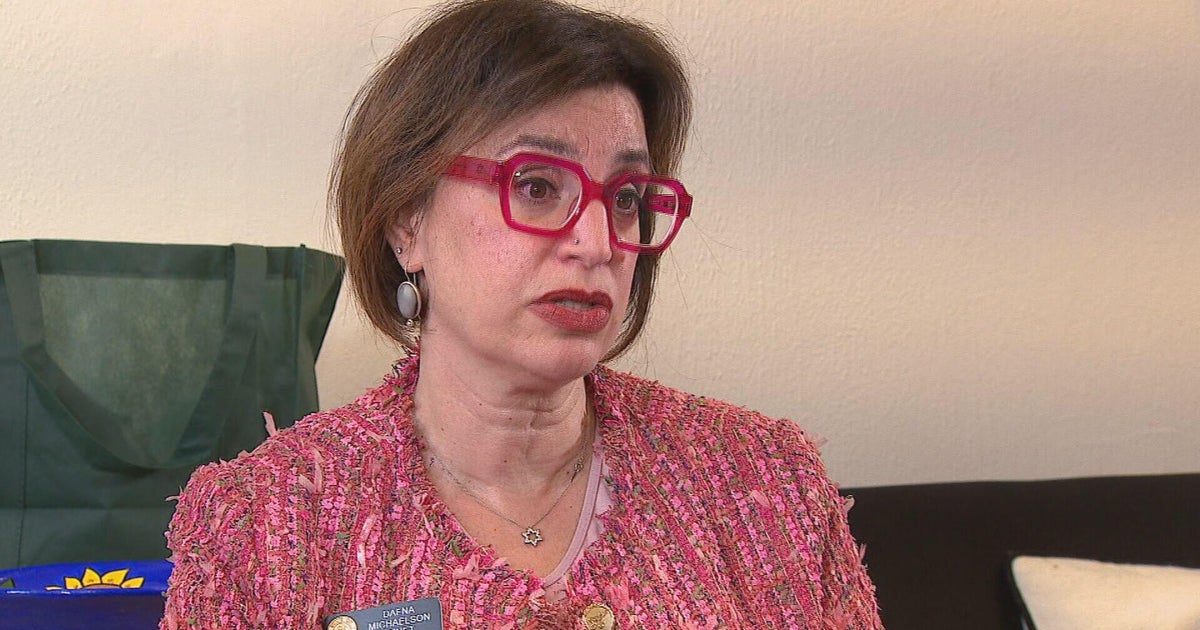When did summer break become the norm?
MINNEAPOLIS -- Thousands of Minnesota kids went back to the classroom, but many others were able to squeeze in one more day of summer break.
We wanted to know: When did summer break become the normal schedule?
Good Question.
Jeff Wagner learned that rural America played an important role.
"In some sources, you'll find that the school calendar, they say is the clock for America," said Dr. James Pedersen, superintendent of Essex Co. Schools of Technology in New Jersey.
The former teacher also did extensive research on the history of the modern school year calendar.
Is it true that summer break was made so farm kids could have some time to get in the fields?
"It's partially true," said Pedersen.
His research showed some rural school districts only held school for six months in the 1800s, often giving time off so children could help with spring planting and fall harvest.
"But in the cases for the urban students, in the Boston and New York, they had 240 school days in the 1800s," Pedersen said.
When did summer break become the norm in the U.S.?
"It was some time in the early 1900s," said Pedersen.
Year-round schools in urban communities started implementing short breaks in the summer, partly because schools would be sweltering hot during that time period which led to absenteeism.
Child labor laws and labor unions played a role, as well as a desire for families to take vacations in the summer months, further extending the break.
"Vacations for the average American really wasn't around, didn't come into full bloom until the early 1900s," he said.
It was during this transitional period that urban school districts and rural school districts decided to have school year calendars that matched, creating a more uniform calendar that included a summer break.
During the 20th century, the American economy became structured around the school year. In particular, the summer job market became reliant on teenagers who got a few months off from school.
"In my research, one of the biggest protesters was the amusement park consortium against year-round education," said Pedersen. "There is a large economy that runs on the fact that we have summer vacation."
Would year-round school make kids perform better or be smarter?
"Any kind of learning that occurs will decrease or even eliminate 'summer fade'," said Pedersen, referencing the months away from school that can cause students to lose some of the knowledge they gained in the previous year.
Year-round school is a transition some districts have made, with a shorter summer break but more small breaks throughout the year.
Pedersen feels that simply adding some form of learning in the summer can be helpful, even if it's not in a classroom setting.
"It can be field trips, it can be museums, it can be putting on a play. All those things are educational," he said.







